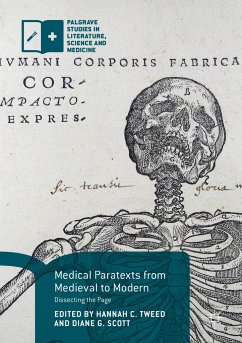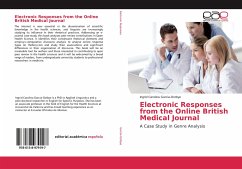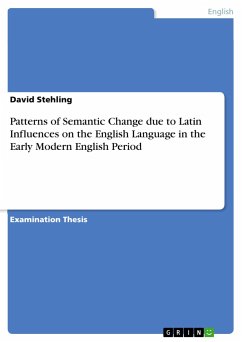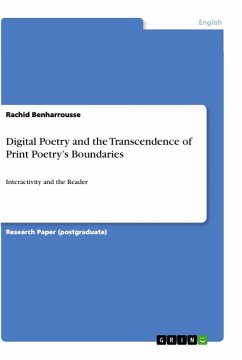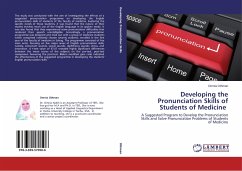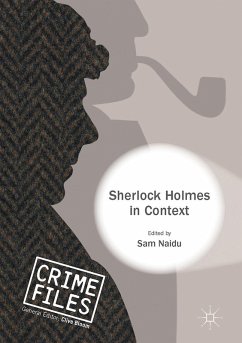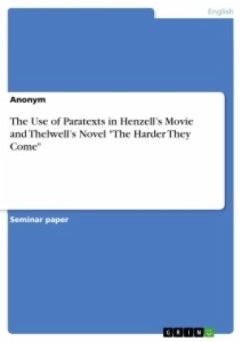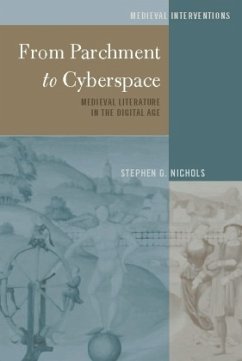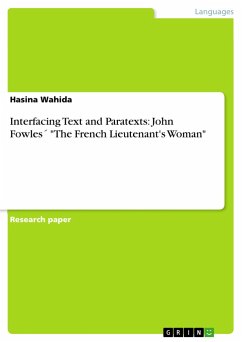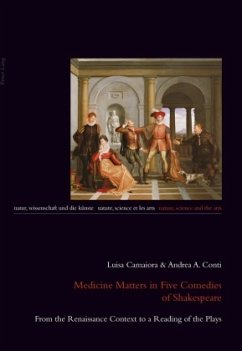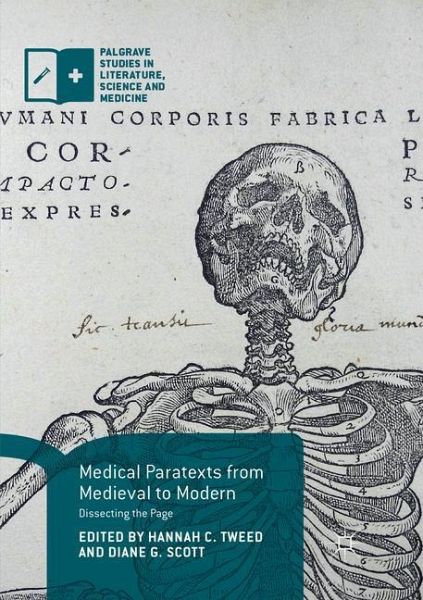
Medical Paratexts from Medieval to Modern
Dissecting the Page
Herausgegeben: Tweed, Hannah C.; Scott, Diane G.
Versandkostenfrei!
Versandfertig in 6-10 Tagen
68,99 €
inkl. MwSt.

PAYBACK Punkte
34 °P sammeln!
This collection establishes the term 'medical paratexts' as a useful addition to medical humanities, book history, and literary studies research. As a relatively new field of study, little critical attention has been paid to medical paratexts. We understand paratext as the apparatus of graphic communication: title pages, prefaces, illustrations, marginalia, and publishing details which act as mediators between text and reader. Discussing the development of medical paratexts across scribal, print and digital media, the collection spans the medieval period to the twenty-first century. Dissecting...
This collection establishes the term 'medical paratexts' as a useful addition to medical humanities, book history, and literary studies research. As a relatively new field of study, little critical attention has been paid to medical paratexts. We understand paratext as the apparatus of graphic communication: title pages, prefaces, illustrations, marginalia, and publishing details which act as mediators between text and reader. Discussing the development of medical paratexts across scribal, print and digital media, the collection spans the medieval period to the twenty-first century. Dissecting the Page is structured in two thematic sections, underpinned by a shared examination of ideas of medical and lay readership and a history of reader response. The first section focuses on the production, reception, and use of medical texts. The second section analyses the role and significance of authority, access, and dissemination in discussions of health, medicine, and illness, for both lay and medical readerships.



